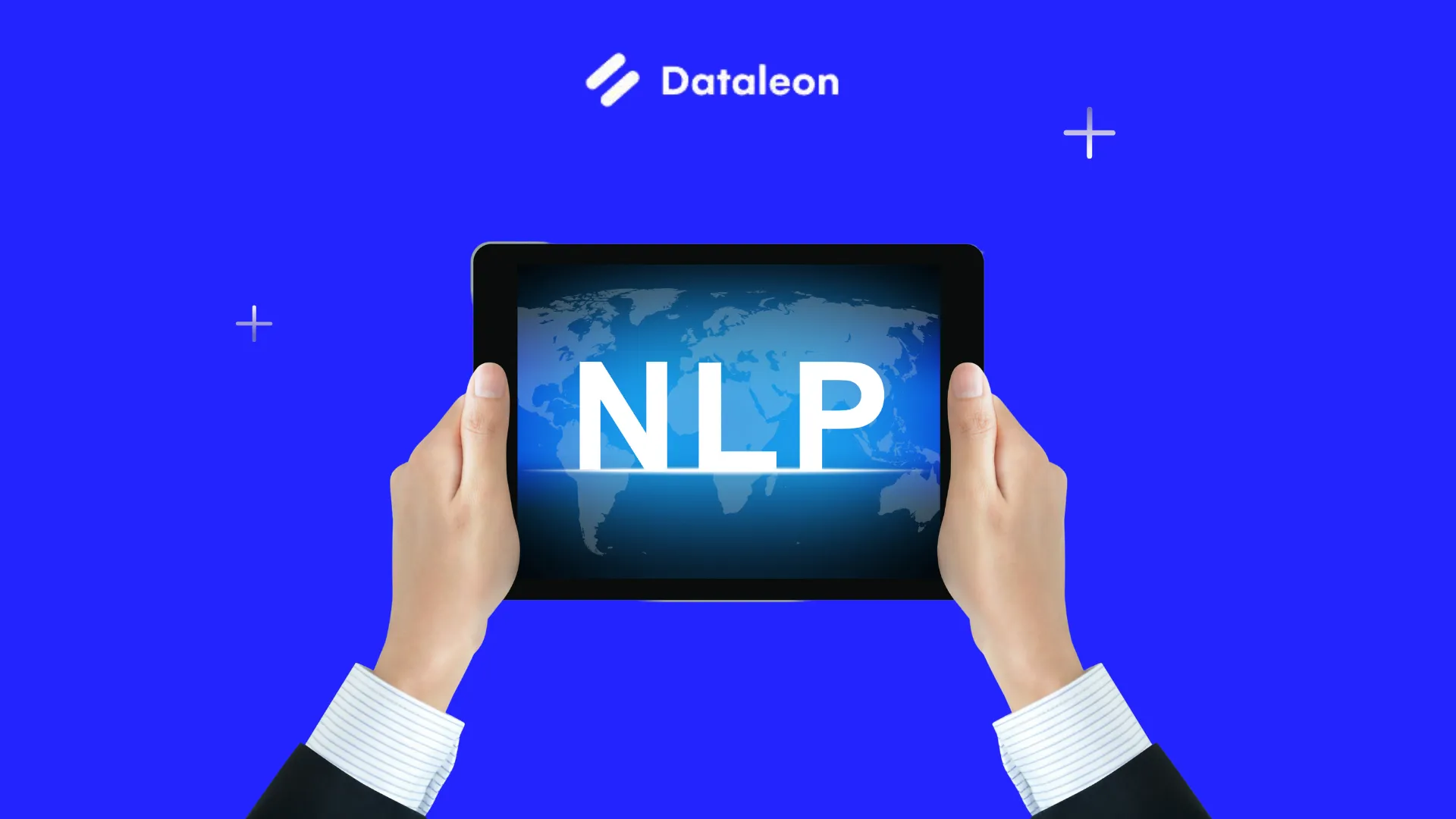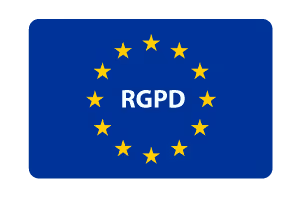The rise of natural language processing (NLP) in AI: Enabling machines to understand human language
Delve into NLP's pivotal role in AI, its diverse applications, and profound impact across industries. Unlock the power of natural language processing.









.svg)


